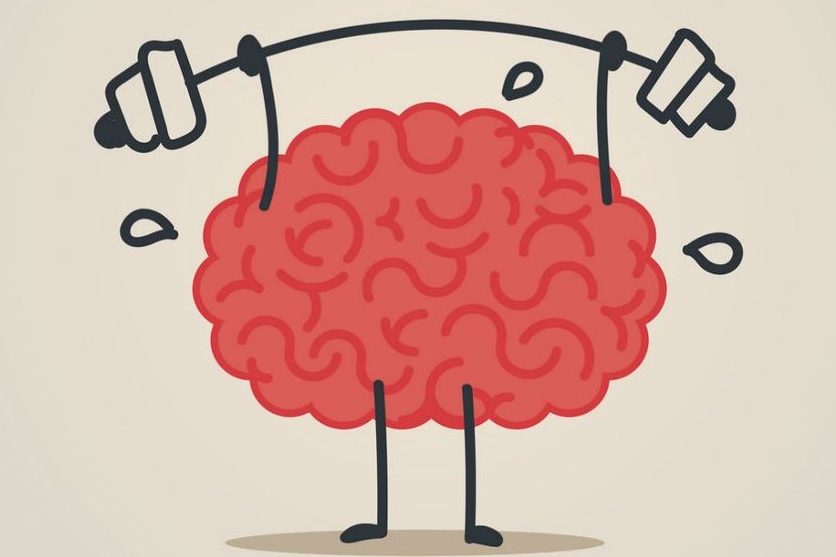Mental health plays a crucial role in our overall well-being, yet it is often a topic shrouded in silence. As the curtains are slowly drawn back, we find ourselves on a journey to unlock the mind and navigate the intricacies of our mental well-being. The path to mental health requires compassion, understanding, and access to proper care. In this article, we will delve into the importance of mental health care and highlight the transformative power of therapy trainings. Join us as we embark on a voyage of self-discovery, shedding light on the challenges faced and the support available to guide us on this transformative journey towards a healthier mind.
Understanding Mental Health Care
Mental health care plays a crucial role in promoting overall wellbeing and ensuring a healthy mind. It encompasses a range of therapeutic approaches and strategies aimed at addressing mental health concerns and facilitating recovery. Here, we dive into the significance of mental health care, exploring its various aspects and the impact it can have on individuals.
The field of mental health care is multifaceted, encompassing a broad spectrum of services and interventions. It involves the assessment, diagnosis, and treatment of mental health disorders, as well as the implementation of preventive measures to maintain psychological well-being. Mental health care professionals, such as psychiatrists, psychologists, and therapists, utilize their expertise to provide support tailored to the unique needs of individuals seeking help.
Therapy trainings form a fundamental component of mental health care. These trainings equip mental health professionals with the necessary skills and techniques to effectively address a wide range of mental health concerns. Through evidence-based practices, therapists can offer guidance, support, and tools for individuals to navigate their challenges and develop healthier coping mechanisms. These therapy trainings are essential in ensuring that mental health care providers can offer the best possible care to individuals in need.
In conclusion, mental health care is a vital aspect of overall well-being, addressing mental health concerns and facilitating recovery. Therapy trainings play a significant role in equipping mental health professionals with the necessary tools to offer effective support. By understanding and embracing mental health care, we can unlock the potential for improved mental well-being and resilience.
The Importance of Therapy Trainings
Therapy trainings play a vital role in the field of mental health care. These trainings provide essential skills and knowledge for therapists to effectively support individuals on their journey to mental well-being.
First and foremost, therapy trainings equip professionals with a comprehensive understanding of various mental health disorders and their manifestations. This knowledge allows therapists to accurately assess and diagnose clients, laying the foundation for tailored treatment plans. By identifying the specific needs of individuals, therapists can provide targeted interventions that address the root causes of mental health challenges.
Furthermore, therapy trainings focus on building essential therapeutic skills. Through these trainings, therapists learn techniques that foster effective communication and active listening. These skills enable therapists to create a safe and supportive environment for clients to express their thoughts and emotions freely. Additionally, trainings help therapists develop empathy and compassion, which are crucial in establishing a strong therapeutic alliance with their clients.
Lastly, therapy trainings also emphasize the importance of self-care for therapists. These trainings educate professionals about the potential emotional toll of working in the mental health field and provide strategies for maintaining their own mental well-being. By prioritizing self-care, therapists are better equipped to offer sustainable and quality care to their clients.
Overall, therapy trainings are indispensable in mental health care. They equip therapists with the knowledge, skills, and self-care practices necessary to navigate the complexities of supporting individuals on their path to mental health.
Building a Supportive Environment
Creating a supportive environment is essential for individuals navigating the journey to mental health. When tackling mental health issues, having a strong support system plays a crucial role in the recovery process. Supportive relationships with family, friends, and loved ones can provide emotional stability and encouragement, making it easier to cope with challenges.
One key aspect of building a supportive environment is cultivating open communication. Being able to express thoughts and feelings without judgment or fear of rejection is vital. When individuals feel safe to share their experiences, they can receive valuable emotional support and reassurance. This open dialogue helps break down barriers and fosters understanding, strengthening the bond within relationships.
Free Ceus
In addition to fostering communication, it is important to promote self-care within the supportive environment. Encouraging individuals to prioritize their well-being by engaging in activities that bring joy and relaxation is crucial. This can include engaging in hobbies, practicing mindfulness techniques, or simply taking time for oneself. By emphasizing self-care, individuals can develop a stronger sense of self and resilience, which aids in their mental health journey.
Overall, building a supportive environment involves creating a safe space where individuals feel understood, accepted, and supported. By fostering open communication and promoting self-care, we can contribute to the well-being of those navigating mental health challenges. Together, we can unlock the mind and empower individuals on their path to mental wellness.

